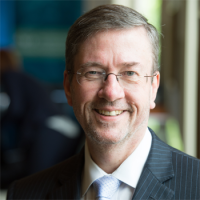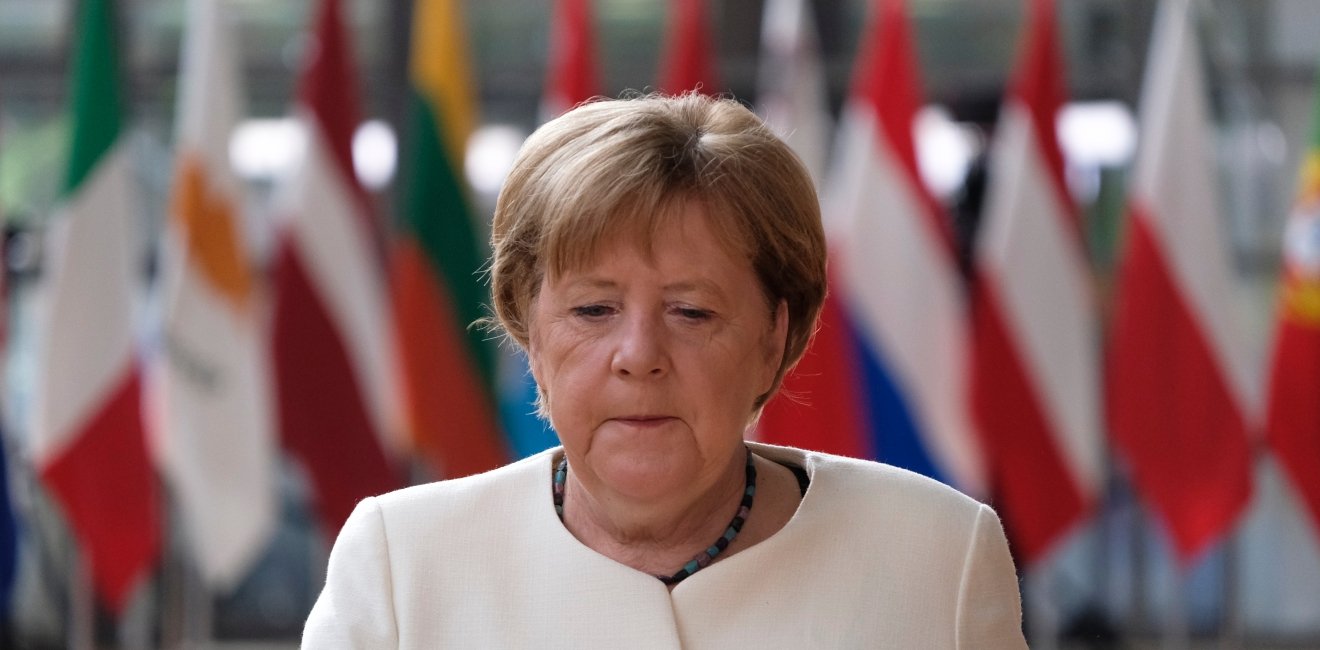Angela Merkel’s departure from the political stage in September will be profound for Germany and for Europe. She has steered the shoals of many crises. She is leaving behind a Germany that has become more open yet less settled, more diverse demographically and politically, more pressured economically, and less circumspect internationally than when she arrived. She worked with Putin but evaded his embrace. She engaged her French counterparts but avoided their shadow. She neatly sidestepped the Trump tempest. Under her tenure, Germans have remained committed to multilateral solutions to international problems, but they have become less inhibited about defining terms of engagement more conducive to German interests. They are still committed to European integration, but they have come to realize that the slogan “more Europe” isn’t always an answer to German questions. They have come to expect less from America even as Americans have come to expect more from Germany.
Under Merkel, Germany has once again become Europe’s center, the key swing state on a continent in tremendous flux. It is a country with great weight yet uncertain power. It is selectively strong. Yet it retains significant vulnerabilities and is often beset by self-doubt. As Germany rose, Merkel understood the hesitations of her neighbors and the uncertainties of her compatriots. Merkel’s cool, cautious and incremental style was so distinctive it became a verb. When she was at her best, merkeln came to mean an ability to manage united Germany’s evolution in a way that reassured other countries about Germany and reassured the Germans about themselves. That is perhaps her greatest legacy.
This comment is part of a series commissioned by the American Institute for Contemporary German Studies. Additional reflections may be found here.
Author


Global Europe Program
The Global Europe Program is focused on Europe’s capabilities, and how it engages on critical global issues. We investigate European approaches to critical global issues. We examine Europe’s relations with Russia and Eurasia, China and the Indo-Pacific, the Middle East and Africa. Our initiatives include “Ukraine in Europe”—an examination of what it will take to make Ukraine’s European future a reality. But we also examine the role of NATO, the European Union and the OSCE, Europe’s energy security, transatlantic trade disputes, and challenges to democracy. The Global Europe Program’s staff, scholars-in-residence, and Global Fellows participate in seminars, policy study groups, and international conferences to provide analytical recommendations to policy makers and the media. Read more

Explore More
Browse Insights & Analysis



